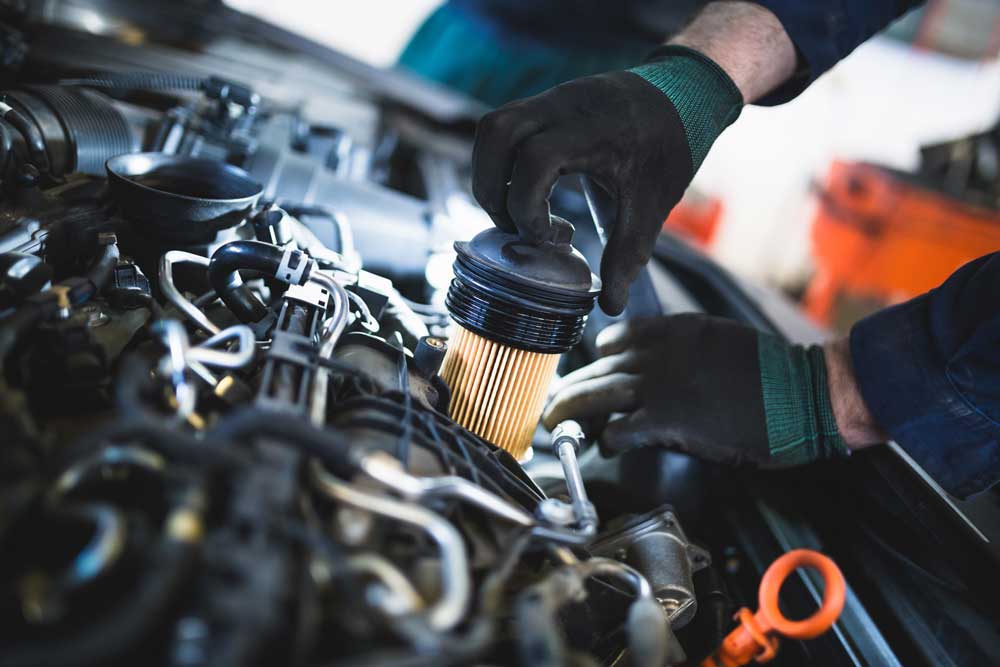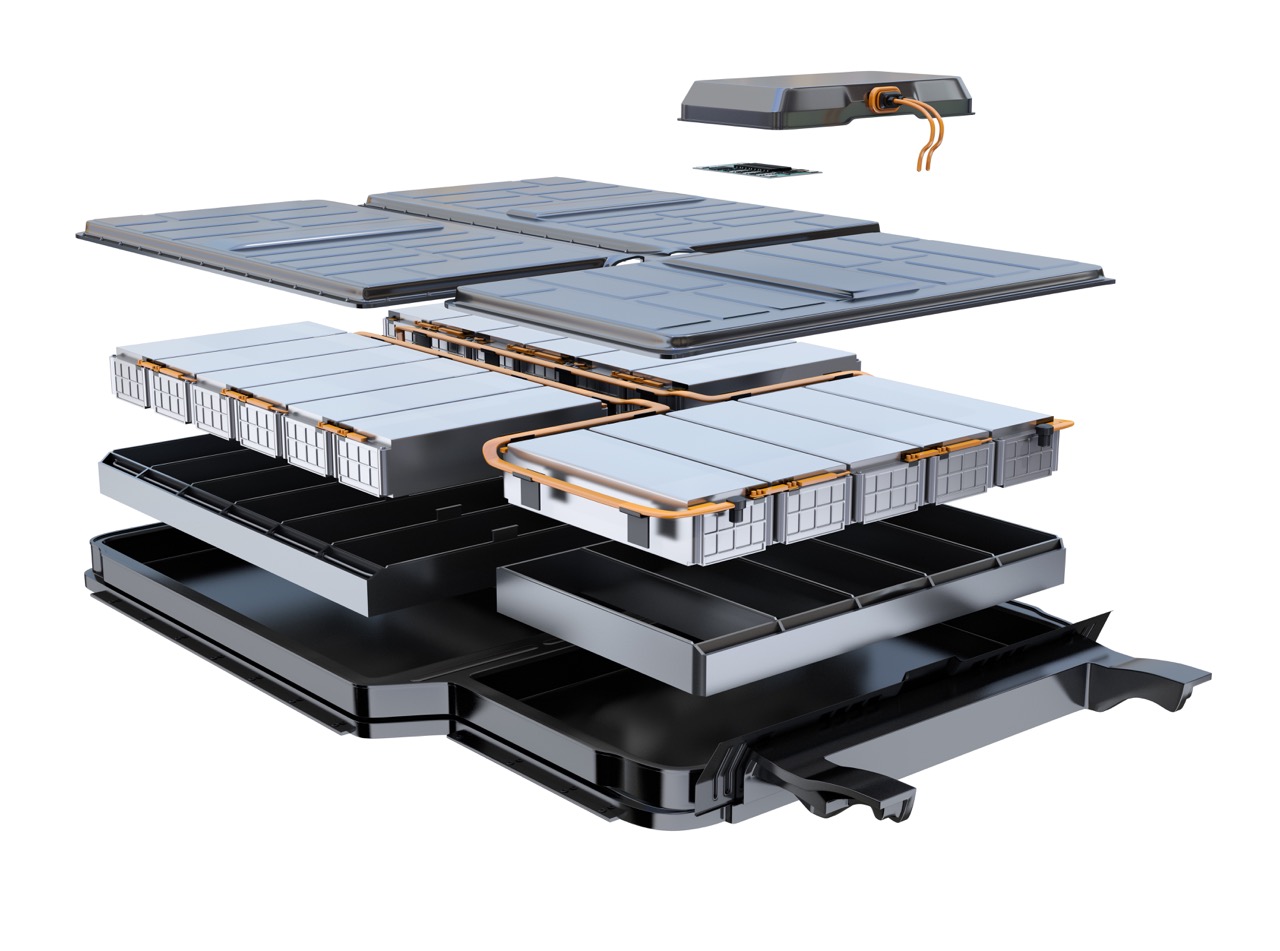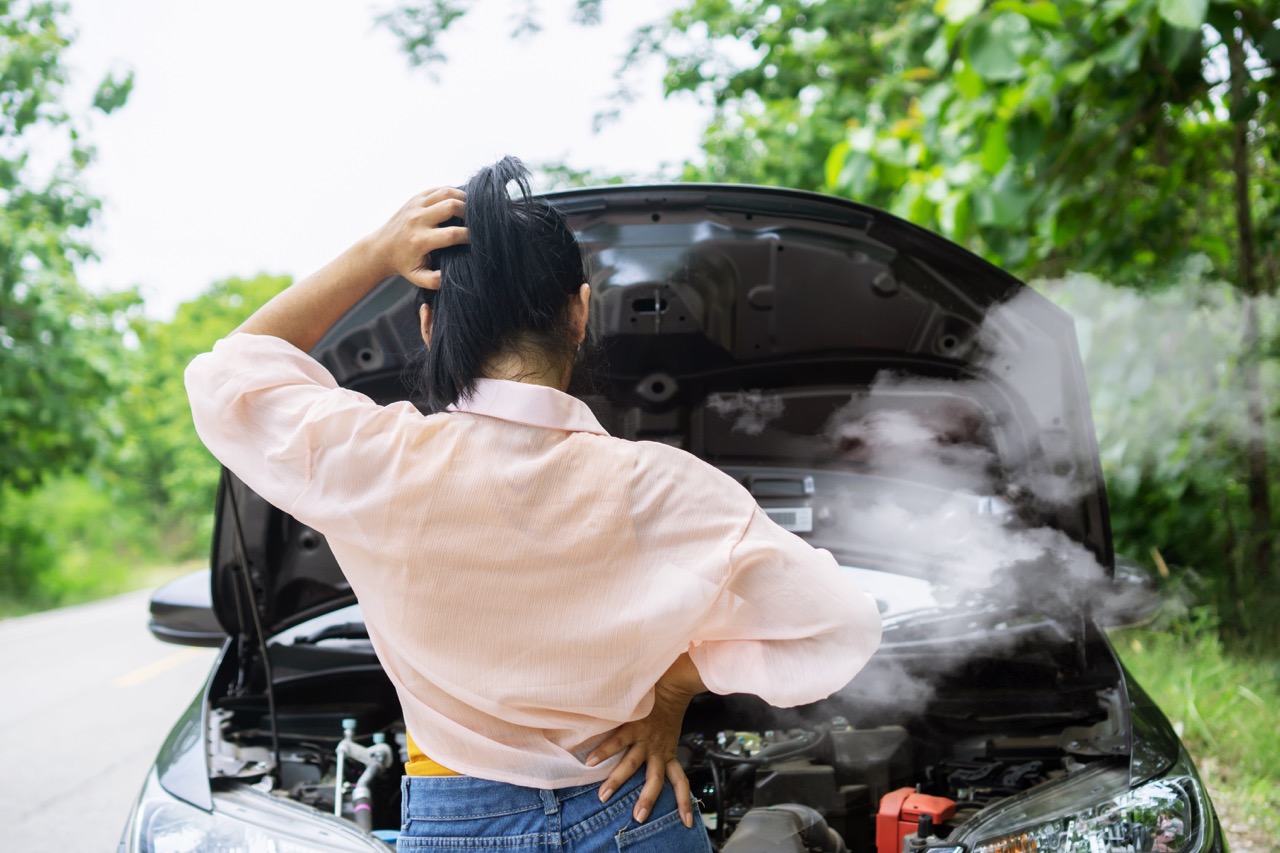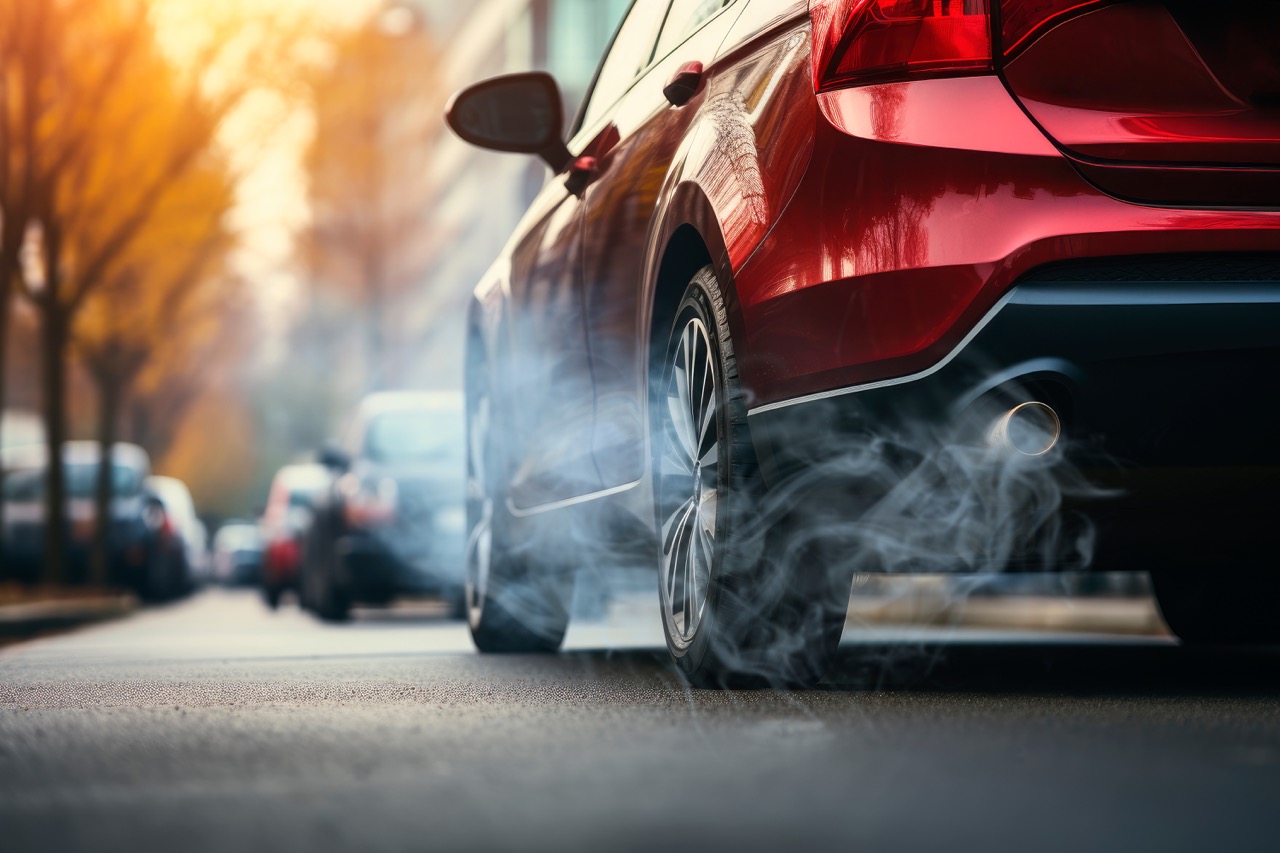
We’ve all had that moment when we spoke out of turn and put our foot in our mouth. Why, oh why, didn’t we think before we spoke? This reminder to keep our speech filters “installed” can be painful but ultimately serves a bigger purpose. Namely, it helps us get through other, more important social interactions in the future.
Filters in our cars work similarly (with the lack of autonomous speech, of course). By straining the gunk out of the air and fuel as it passes through specific systems in the car, it makes it easier for the vehicle to perform optimally well into the future. This is of such importance that there is a reason why the car repair professionals who are tuning up your vehicle check your filters every time.
Why Your Car Needs Filters
Thanks to the car’s reliance on air, vapor, and fluid in order to work properly, there is more than one system that requires a filter in order to function properly. As we all know, the car is made up of a series of moving parts, all working in tandem to get you from Point A to Point B. Each of these components belongs to systems that are both self-contained (meaning they perform a single, overarching function, like getting exhaust from the engine out the tailpipe), and symbiotic (in that the conversion of energy from the engine will turn a part that makes the wheels spin).
Now, imagine that any of these moving parts got gummed up or damaged thanks to foreign items being blown through or ground up within these systems; both the singular and the symbiotic functions would be affected. You would certainly have to drop by our Pocatello car repair center more often than you were expecting.
The Different Filters
Your car uses four different filters simultaneously in different areas of the vehicle. Let’s take a look at where each one is and how it functions. The more you know about them, the easier it will be to make a decision about whether it’s time to replace them or not.
The Cabin Filter
The typical filter that strains the air coming into contact with the driver and their passengers. The cabin filter works regardless of whether you have the air conditioning on or not and usually catches:
- Dust
- Dirt
- Exhaust fumes
- Pollen
- Leaves
- Bugs
Whenever your car repair technician pulls out this filter to show you what you could have been breathing, it’s genuinely a shock! As such, keeping these filters clean by replacing them often is important — usually every 30,000 or so.
The Air Filter
Not to be confused with the functions of the cabin filter, the air filter strains the air that will be mixed with the fuel vapors inside the engine. It is important that the combustion cycle be free of contaminants so that the engine isn’t damaged. The air filter cleans the air of:
- Bugs
- Water
- Rocks
- Pollen
Basically, anything that enters the car through the grill will pass through the air filter before it reaches the engine. The mechanics at our Pocatello car repair shop advise everyone to change out their air filters every 12,000 – 15,000 miles.
The Oil Filter:
As there are hundreds of moving parts working simultaneously in the car, oil becomes one of the most important components to its operation, keeping everything lubricated and running smoothly. The oil filter keeps the oil clean so that unwanted particles don’t get caught in the works. A good oil filter will:
- Extend the life of the engine
- Improve the fuel efficiency
- Keep the oil in working condition longer
Remember to have your oil and its filter changed every 30,000 so that nothing happens to your engine. This can be done easily in any of our Master Muffler locations.
The Fuel Filter
Just like the air filter keeps the engine air clean and ready for mixture, the fuel filter accomplishes the same goal on the gasoline side. This is essential, not just because foreign contaminants would naturally hurt the performance of the engine, but because the fuel that is usually clean after it’s created picks up a lot of gunk from the trucks, hoses, and reservoirs that stand between the refinery and your vehicle.
It’s important to keep an eye out for any warning lights that might appear on your dashboard. They will indicate that it’s time to get your filters changed. Your car’s performance might be suffering as well, which is usually a tell-tale sign, too.
Related Posts
As an EV owner, understanding your vehicle's battery is critical. From its capacity to its lifespan, and everything in between, we'll guide you through what you need to know to optimize your EV experience. So buckle up and get ready - we're about to shed some light on the electrifying world of EV batteries. What [...]
If your car is running hot, it can be a sign that something’s not right with your engine. Fortunately, diagnosing the cause of an overheating engine isn't too difficult if you know what to look for and how to address it. Keep reading if you want to learn the most common issues that occur when [...]
Your vehicle's exhaust system serves a critical role in managing the byproducts of the combustion process and ensuring optimal engine performance. The appearance of colored smoke from the exhaust pipe, either when stationary or accelerating, can provide valuable clues to underlying mechanical issues. What is a car exhaust? A car exhaust is a system [...]





